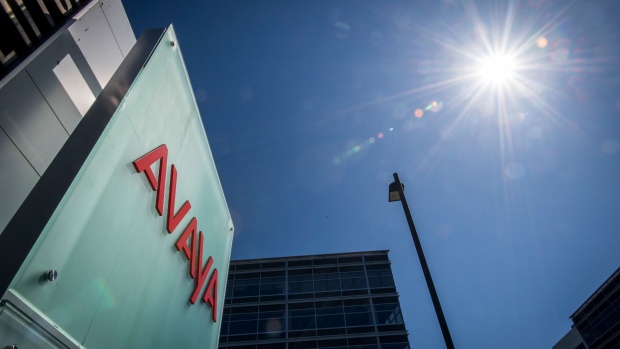Feb 6, 2023
Avaya Board Accused of ‘Massive Fraud’ in Suit by Bondholders
, Bloomberg News

(Bloomberg) -- Avaya Holdings Corp.’s board misled investors about the company’s finances and management as part of a “massive fraud,” according to a lawsuit filed in New York state court by bondholders who claim they lost more than $125 million.
The investors, who sued Feb. 1, said they hold unsecured convertible notes issued by the telecommunications software company in 2018 that have a face value of more than $100 million. The notes are due this year. The plaintiffs include funds associated with Angelo Gordon & Co., Canyon Partners LLC and Mariner Investment Group.
Avaya in May sought to raise funds by refinancing the notes, after releasing “what seemed like rosy financial results” for the second fiscal quarter ending in March 2022, according to the suit.
The company contacted the plaintiffs and other debtholders about issuing a new term loan while continuing to represent that its finances, operations and liquidity “were sound and that prospects were great,” the suit alleges. The investors continued to hold their convertible notes based on those statements and some invested about $80 million of new money, they said.
But shortly after the term loan closed in July, the fraud “began to become apparent almost immediately afterwards,” when the company disclosed it had used proceeds from the loan to repurchase $129 million of notes from other investors, according to the suit.
CEO Fired
Avaya also announced it would miss previous earnings forecasts for the third quarter ended June 2022 by more than 50% and revealed it had fired Chief Executive Officer James Chirico and replaced him with the former head of Vonage Holdings Corp.
That sent the value of the leveraged loan plummeting and left some buyers questioning why the information wasn’t disclosed when Avaya was marketing the deal with help from Goldman Sachs Group Inc. and JPMorgan Chase & Co.
A spokesperson for Avaya didn’t immediately respond to an email seeking comment on the lawsuit.
In August, Avaya said it had hired advisers and was conducting an internal probe of its third-quarter financial results. Its shares have plummeted 98% in the past 12 months.
“Once the truth about the Company’s financial and management problems came out, those investments lost significant value,” the debt holders said. “Each plaintiff has sold B3 Term Loans, Convertible Notes, or both at sharply reduced prices. In addition, the convertible notes have been rendered substantially worthless, given that their trading prices have collapsed to near zero and given that there is substantial doubt about whether Avaya can continue as a going concern.”
The 2023 convertible notes trade at around 5 cents on the dollar, and the term loan is about 59 cents, according to data compiled by Bloomberg.
The case is A6 Capital Management LP v Chirico, 650262/2023, New York State Supreme Court, New York County.
--With assistance from Claire Boston.
©2023 Bloomberg L.P.





